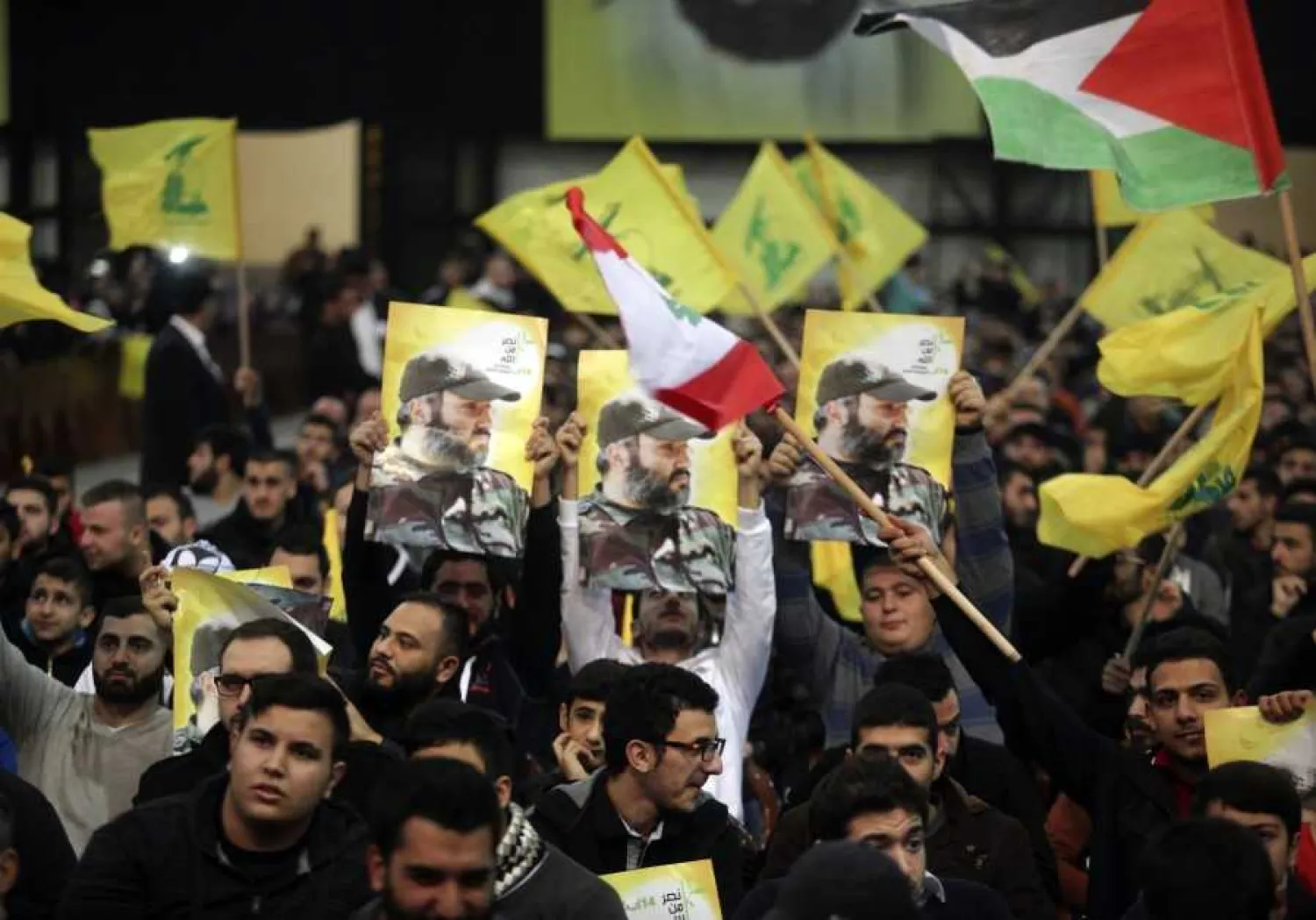Germany’s Parliament rejected on Thursday a bill by the right-wing Alternative for Germany (AfD) party to ban Hezbollah’s all wings and consider it a terrorist group.
Germany and the EU differentiate between Hezbollah’s political and military wings. In 2013, Berlin banned the group’s military wing in response to a 2012 terrorist attack in Bulgaria that was blamed on the Lebanese party.
German Chancellor Angela Merkel’s Christian Democratic Union Party, the Christian Social Union, the Social Democratic Party, the Left, the Greens and Free Democrats opposed the anti-Hezbollah bill authored by the AfD.
Although most interlocutors at Thursday’s Parliament session decried Hezbollah’s terrorist activities, they accused the AfD of mischievously dealing with the Lebanese militia by not publicly criticizing its crimes in Syria.
Roderich Kiesewetter of the Christian Democratic Union (CDU) said: “If we really want to outlaw the group, then a decision in that regard should be taken at the European level.”
Benjamin Strasser of the Free Democrats rejected the anti-Hezbollah bill on behalf of his party.
The Green Party’s Omid Nouripour also voiced his opposition to the bill. However, he criticized the AfD for its policies in Syria and his close ties with Russia.
“If you were serious about outlawing Hezbollah due to the Quds march, you should have also outlawed the party over its crimes against Syrians,” he said.
Last Saturday, Merkel’s administration declined to stop the annual al-Quds Day march, with the participation of Hezbollah members, in downtown Berlin.
While deputies rejected the bill on Thursday, a 192-page report authored by German intelligence agents revealed that the number of Hezbollah members and supporters has risen from 950 in 2017 to 1,050 in 2018.
Washington constantly pressures Berlin to outlaw Hezbollah in Germany.
During his visit to Berlin last week, US Secretary of State Mike Pompeo told Merkel that he wishes Germany would “follow Britain’s example” and outlaw the group.









